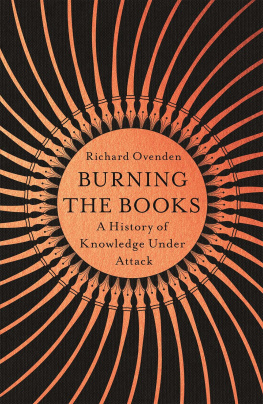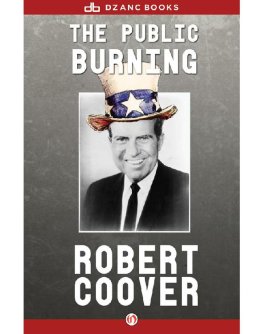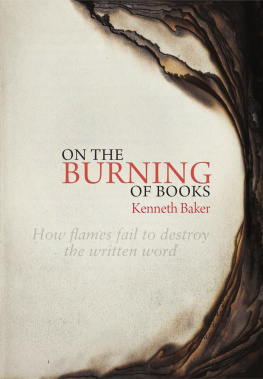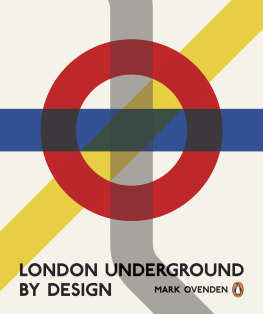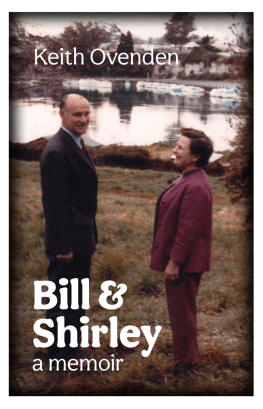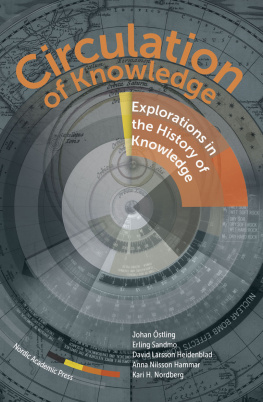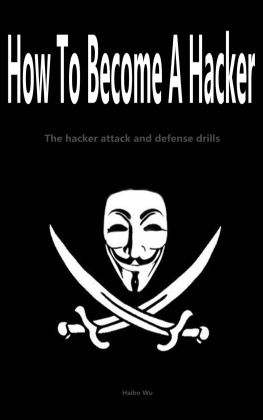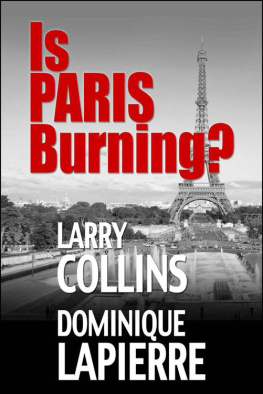Richard Ovenden - Burning the Books: A History of Knowledge Under Attack
Here you can read online Richard Ovenden - Burning the Books: A History of Knowledge Under Attack full text of the book (entire story) in english for free. Download pdf and epub, get meaning, cover and reviews about this ebook. year: 2020, publisher: Hodder and Stoughton, genre: Religion. Description of the work, (preface) as well as reviews are available. Best literature library LitArk.com created for fans of good reading and offers a wide selection of genres:
Romance novel
Science fiction
Adventure
Detective
Science
History
Home and family
Prose
Art
Politics
Computer
Non-fiction
Religion
Business
Children
Humor
Choose a favorite category and find really read worthwhile books. Enjoy immersion in the world of imagination, feel the emotions of the characters or learn something new for yourself, make an fascinating discovery.
- Book:Burning the Books: A History of Knowledge Under Attack
- Author:
- Publisher:Hodder and Stoughton
- Genre:
- Year:2020
- Rating:4 / 5
- Favourites:Add to favourites
- Your mark:
- 80
- 1
- 2
- 3
- 4
- 5
Burning the Books: A History of Knowledge Under Attack: summary, description and annotation
We offer to read an annotation, description, summary or preface (depends on what the author of the book "Burning the Books: A History of Knowledge Under Attack" wrote himself). If you haven't found the necessary information about the book — write in the comments, we will try to find it.
Burning the Books: A History of Knowledge Under Attack — read online for free the complete book (whole text) full work
Below is the text of the book, divided by pages. System saving the place of the last page read, allows you to conveniently read the book "Burning the Books: A History of Knowledge Under Attack" online for free, without having to search again every time where you left off. Put a bookmark, and you can go to the page where you finished reading at any time.
Font size:
Interval:
Bookmark:

Both timely and authoritative The subject of archives and libraries is one of permanent importance in the understanding a nation has of itself, and touches not only high politics but also information technology and life-and-death drama. I can think of no one better qualified to write about it than Richard Ovenden. I enjoyed Burning the Books immensely
P HILIP P ULLMAN
A stark and important warning about the value of knowledge and the dangers that come from the destruction of books. Vital reading for this day and age
P ETER F RANKOPAN
Like an epic film-maker, Richard Ovenden unfolds vivid scenes from three millennia of turbulent history, to mount passionate arguments for the need to preserve the records of the past and of the present. This urgent, lucid book calls out to us all to recognise and defend one of our most precious public goods libraries and archives
M ARINA W ARNER
Burning the Books is fascinating, thought-provoking and very timely. No one should keep quiet about this library history
I AN H ISLOP
A magnificent book timely, vital and full of the most incredible tales, a manifesto for our humanity and its archives
P HILLIPE S ANDS
Dangerous souvenirs is what Richard Ovenden calls the books salvaged by ex-monks under the nose of Henry VIII. Now as then, books need friends. This fascinating book will help to find them
A LAN B ENNETT

Richard Ovenden has been Bodleys Librarian (the senior executive position of the Bodleian Libraries, University of Oxford) since 2014. Prior to that he held positions at Durham University Library, the House of Lords Library, the National Library of Scotland and the University of Edinburgh. He moved to the Bodleian in 2003 as Keeper of Special Collections, becoming Deputy Librarian in 2011. He was educated at the University of Durham and University College London and holds a professorial fellowship at Balliol College, Oxford. He is a fellow of the Society of Antiquaries, the Royal Society of Arts and a member of the American Philosophical Society. He was appointed OBE in the Queens Birthday Honours 2019.
Richard serves as Treasurer of the Consortium of European Research Libraries, President of the Digital Preservation Coalition and as a member of the Board of the Council on Library and Information Resources (Washington, DC).
John Thomson (18371921): Photographer
A Radicals Books (with Michael Hunter,
Giles Mandelbrote and Nigel Smith)

www.johnmurraypress.co.uk
First published in Great Britain in 2020 by John Murray (Publishers)
An Hachette UK company
Copyright Richard Ovenden 2020
The right of Richard Ovenden to be identified as the Author of the Work has been asserted by him in accordance with the Copyright, Designs and Patents Act 1988.
All rights reserved.
No part of this publication may be reproduced, stored in a retrieval system, or transmitted, in any form or by any means without the prior written permission of the publisher, nor be otherwise circulated in any form of binding or cover other than that in which it is published and without a similar condition being imposed on the subsequent purchaser.
A CIP catalogue record for this title is available from the British Library
eBook ISBN 978 1 529 37878 8
John Murray (Publishers)
Carmelite House
50 Victoria Embankment
London EC4Y 0DZ
www.johnmurraypress.co.uk
For Lyn
Contents
Wherever they burn books, they will also, in the end, burn human beings.
Heinrich Heine, 1823
Those who do not remember the past are doomed to repeat it.
George Santayana, 1905
Look out for linked text (which is in blue) throughout the ebook that you can select to help you navigate between notes and main text.
You can double tap images to increase their size. To return to the original view, just tap the cross in the top left-hand corner of the screen.

Nazi book-burnings in Berlin, 10 May 1933.
I N B ERLIN, ON 10 May 1933, a bonfire was held on Unter den Linden, the capitals most important thoroughfare. It was a site of great symbolic resonance: opposite the university and adjacent to St Hedwigs Cathedral, the Berlin State Opera House, the Royal Palace and Karl Friedrich Schinkels beautiful war memorial. Watched by a cheering crowd of almost forty thousand a group of students ceremonially marched up to the bonfire carrying the bust of a Jewish intellectual, Magnus Hirschfeld (founder of the groundbreaking Institute of Sexual Sciences). Chanting the Feuersprche, a series of fire incantations, they threw the bust on top of thousands of volumes from the institutes library, which had joined books by Jewish and other un-German writers (gays and communists prominent among them) that had been seized from bookshops and libraries. Around the fire stood rows of young men in Nazi uniforms giving the Heil Hitler salute. The students were keen to curry favour with the new government and this book-burning was a carefully planned publicity stunt. In Berlin, Joseph Goebbels, Hitlers new minister of propaganda, gave a rousing speech that was widely reported around the world:
No to decadence and moral corruption! Yes to decency and morality in family and state! The future German man will not just be a man of books, but a man of character. It is to this end that we want to educate you You do well to commit to the flames the evil spirit of the past. This is a strong, great and symbolic deed.
Similar scenes went on in ninety other locations across the country that night. Although many libraries and archives in Germany were left untouched, the bonfires were a clear warning sign of the attack on knowledge about to be unleashed by the Nazi regime.
Knowledge is still under attack. Organised bodies of knowledge are being attacked today, as they have been attacked throughout history. Over time society has entrusted the preservation of knowledge to libraries and archives, but today these institutions are facing multiple threats. They are targets for individuals, groups, and even states motivated to deny the truth and eradicate the past. At the same time, libraries and archives are experiencing declining levels of funding. This continued decline in resources has combined with the growth of technology companies, which have effectively privatised the storage and transmission of knowledge in digital form, taking some of the functions of publicly funded libraries and archives into the commercial realm. These companies are driven by very different motives from the institutions that have traditionally made knowledge available for society. When companies like Google have digitised billions of pages of books and made them available online, and when free online storage is provided by firms like Flickr, what is the point of libraries?
Just at the time that public funding is under extreme pressure we find that democratic institutions, the rule of law and open society are also under threat. The truth itself is under attack. This is, of course, no new thing. George Orwell pointed this out in Nineteen Eighty-Four , and his words ring disconcertingly true today as we think about the role that libraries and archives must play in defence of open societies: There was truth, and there was untruth, and if you clung to the truth even against the whole world, you were not mad. Libraries and archives have become central to the support of democracy, the rule of law and open society as they are bodies that exist to cling to the truth.
Font size:
Interval:
Bookmark:
Similar books «Burning the Books: A History of Knowledge Under Attack»
Look at similar books to Burning the Books: A History of Knowledge Under Attack. We have selected literature similar in name and meaning in the hope of providing readers with more options to find new, interesting, not yet read works.
Discussion, reviews of the book Burning the Books: A History of Knowledge Under Attack and just readers' own opinions. Leave your comments, write what you think about the work, its meaning or the main characters. Specify what exactly you liked and what you didn't like, and why you think so.

